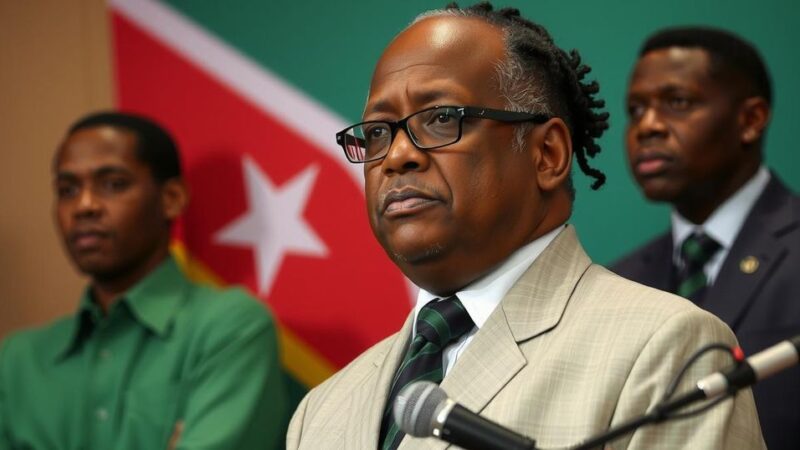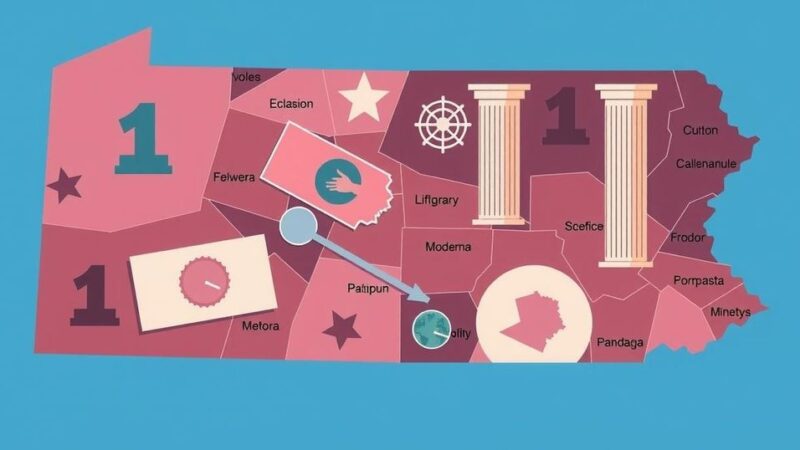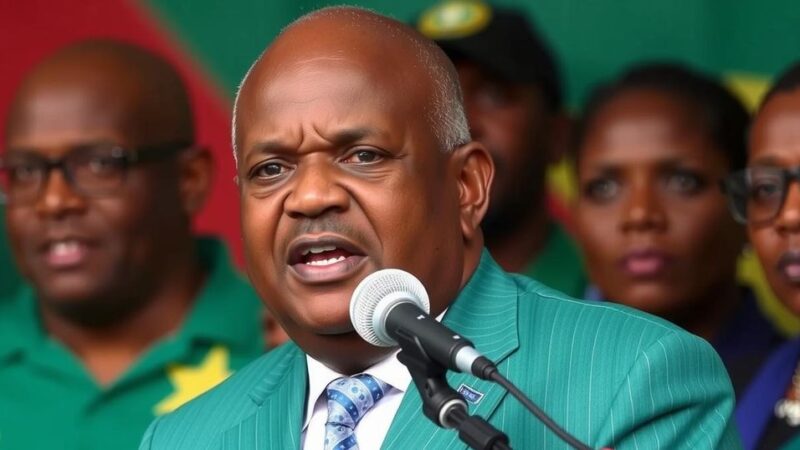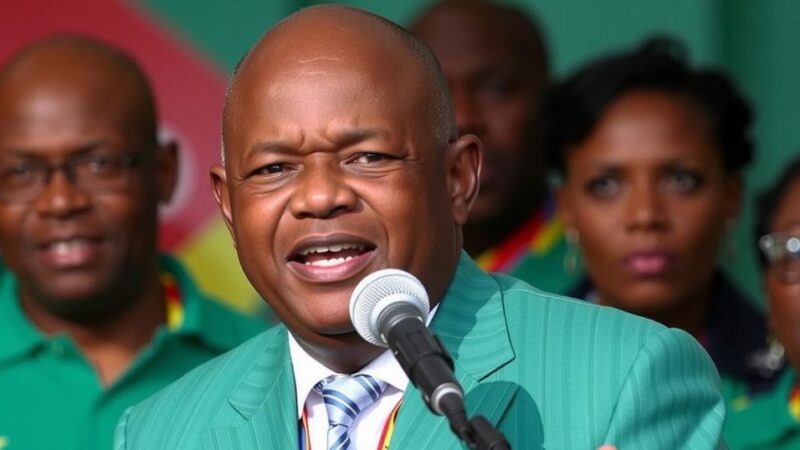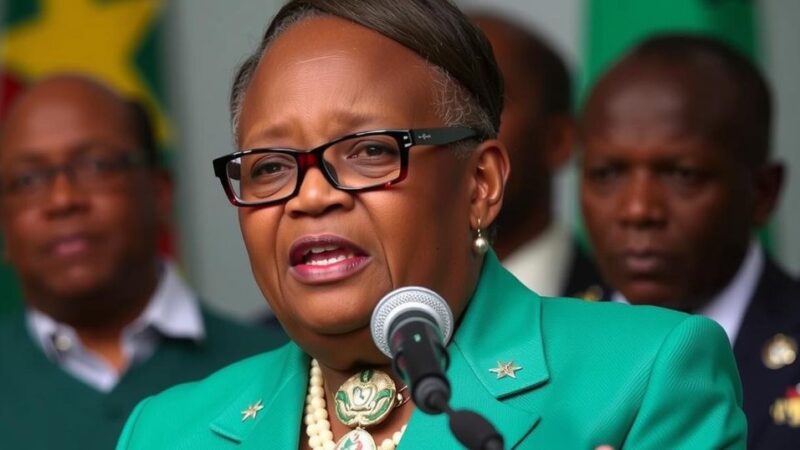Donald Trump’s second term raises concerns for climate change advocates due to potential withdrawals from the Paris Agreement and a rollback on environmental commitments. Experts predict that while the U.S. may regress in its climate actions, other nations might fill the leadership vacuum. The ongoing global push for clean energy may continue despite challenges posed by U.S. policies.
As Donald Trump embarks on his second term as President of the United States, global climate change advocates express significant concern regarding his potential impact on climate commitments. If the United States withdraws from the Paris Agreement and abandons other climate initiatives, the global effort to limit temperature increases to 1.5 degrees Celsius by the century’s end may falter further, especially considering the U.S. is the world’s second-largest greenhouse gas emitter. The possibility of a rollback on electric vehicle policies, increased drilling in sensitive areas, and harmful regulatory changes heightens this fear. During his previous administration, Trump withdrew from the Paris Agreement and rescinded various environmental regulations, facilitating oil and gas expansion while neglecting climate mitigation. His recent election campaign promises indicate a similar approach, aimed at promoting fossil fuel investments. Christiana Figueres, former Executive Director of the UNFCCC, stated, “The result from this election will be seen as a major blow to global climate action, but it cannot and will not halt the changes underway to decarbonise the economy,” suggesting that the momentum for clean energy is likely to persist despite U.S. policy challenges. In the event of U.S. retreat from climate commitments, China may rise as a pivotal leader in renewable energy and cleantech manufacturing. The ramifications of potential policy changes, such as repealing the Inflation Reduction Act, could disadvantage U.S. businesses, with economic opportunities shifting to nations like those in the European Union and India. Although the global community may continue to pursue their climate agendas independently of U.S. actions, some distresses could arise, particularly concerning climate finance flows and job creation in developing countries. Dr. Arunabha Ghosh, CEO of the Council on Energy, Environment and Water, emphasized that when evaluating the global energy transition, “the biggest loser will be the United States” if Trump withdraws from international agreements. Overall, while Trump’s second term poses significant threats to climate progress, the unyielding demand for clean energy and the concurrent international efforts to combat climate change may continue to advance despite U.S. policies. The global community appears determined to foster sustainable initiatives, irrespective of the U.S.’s stance, thereby underscoring the complex dynamics of international climate diplomacy.
The article addresses the implications of Donald Trump’s anticipated return to presidency for global climate change initiatives. It emphasizes concerns regarding the United States’ potential withdrawal from the Paris Agreement, highlighting how such actions could exacerbate challenges in combating climate change. Given that the U.S. is a leading emitter of greenhouse gases, the article explores the likelihood of regression in climate-friendly policies, and the possible shift in leadership to other countries such as China. Various experts provide insight into how internal and external environments may fuel or hinder climate action moving forward.
In summary, Donald Trump’s presidency heralds possible setbacks for global climate action, particularly through withdrawal from the Paris Agreement and other climate policies. However, the international community, bolstered by emerging clean energy technologies, remains resolute in its efforts towards decarbonization. As countries like China step into potential leadership roles in renewable energy, the overall momentum toward addressing climate change may persist, regardless of U.S. policy directions.
Original Source: carboncopy.info


